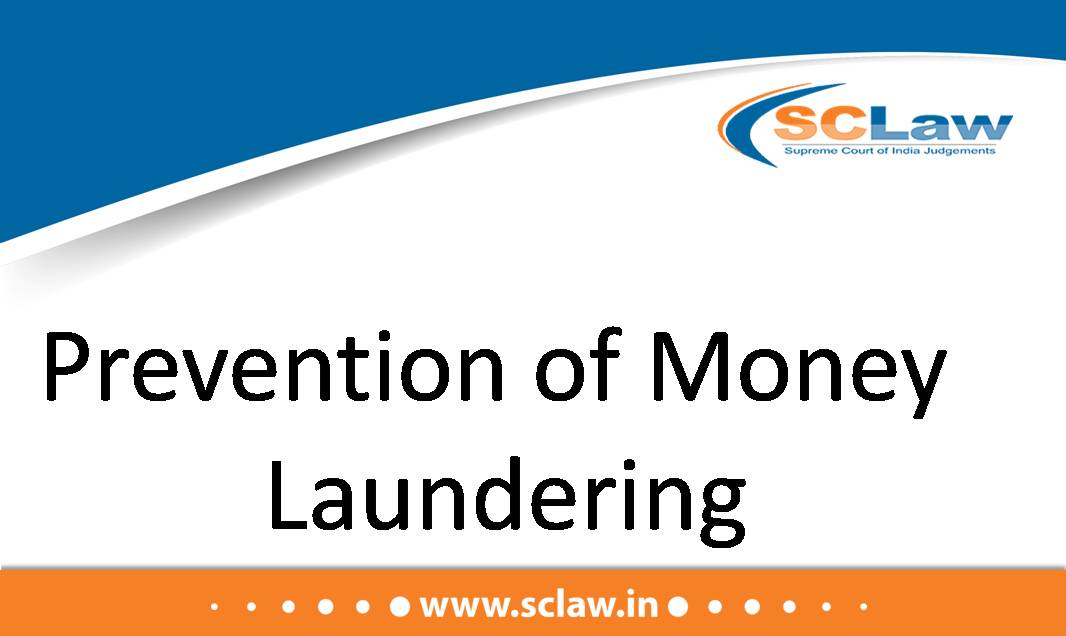Prevention of Money Laundering Act, 2002 — Section 19 — Interim bail — Whether the “need and necessity to arrest” is a separate ground to challenge the order of arrest passed under Section 19(1) of the Act (PMLA) to a larger bench — The court also questioned whether the “need and necessity to arrest” refers to the satisfaction of formal parameters to arrest and take a person into custody or if it relates to other personal grounds and reasons regarding the necessity to arrest a person in the facts and circumstances of the case — The court further questioned the parameters and facts that are to be taken into consideration by the court while examining the question of “need and necessity to arrest” — The court’s observations are for deciding the present appeal and will not be construed as findings on the merits of the case or allegations — The court granted interim bail to Arvind Kejriwal, the Chief Minister of Delhi, who was arrested in connection with a money laundering case.
2024 INSC 512 SUPREME COURT OF INDIA DIVISION BENCH ARVIND KEJRIWAL — Appellant Vs. DIRECTORATE OF ENFORCEMENT — Respondent ( Before : Sanjiv Khanna and Dipankar Datta, JJ. ) Criminal…


